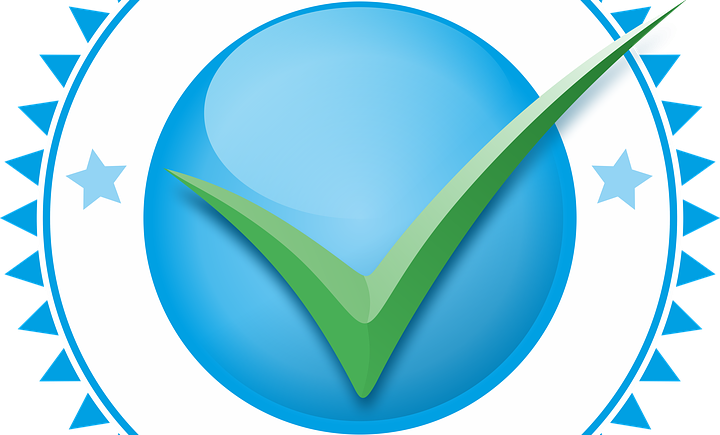Webinar Duration: 3 hours
RECORDED: Access recorded version only for one participant; unlimited viewing for 6 months (Access information will be emailed 24 hours after the completion of payment)
SPEAKER: Angela Bazigos
OVERVIEW:
Use of analytical methods is widespread. However, there are no formally accepted guideline or formats for the overall process of design, development, optimization & validation of analytical methods.Many analytical methods, lacking full and adequate validation have been introduced into the open literature and allowed to assume aura of authenticity but, they may never work or be useful with samples that are typically encountered.
This webinar will explain the validation of analytical procedures for determining the suitability of a given methodology for providing useful analytical data.
Why should you Attend: Method validation is the process of demonstrating that analytical procedures are suitable for their intended use and that they support the identity, strength, quality, purity and potency of the drug substances and drug or other products.
– Process to validate method
– Components of method validation
– Regulations USP / ICH / FDA
– How we know what FDA is looking for
– How to use Quality by Design (QbD) to enhance Analytical Method Validation
Areas Covered in the Session:
– Method Development, Optimization and Validation Approaches
– Method Validation -High Level
– System Suitability
– Validation Components
– Accuracy
– Precision
– Repeatability
– Interm. Prec.
– Specificity
– LOD
– LOQ
– Linearity
– Range
– LifeCycle Concept
– Validation Planning
– Method Validation Protocol
– Method Transfer & Revalidation
– European and International regulatory bodies and their guidelines on different aspects of Method Validation QA
– Quality by Design
– Lifecycle management of analytical procedures: development, validation and routine use
– Using principles of Quality by Design to get most robust methods
– Defining validation parameters, acceptance criteria and test procedures
– Templates and examples for efficient and consistent documentations
– How we know what FDA is looking for
– FDA Systems Based Inspection: Laboratory System
– FDA 483s
– FDA Warning Letters
Who Will Benefit:
– Anyone in a Laboratory Setting that Needs to Validate Methods
– Analysts
– Lab Supervisors and Managers
– QA/QC Managers and Personnel
– Consultants
– Validation Specialists
– Chemists
SPEAKER PROFILE:
Angela Bazigos is the CEO of Touchstone Technologies Inc. She has degrees in Microbiology and Computing and 40 years of experience in the Life Sciences, Healthcare & Public Health Services. Experience combines Quality Assurance, Regulatory Compliance, Business Administration, Information Technology, Project Management, Clinical Lab Science, Microbiology, Food Safety & Turnarounds. Past employers / clients include Royal Berkshire Hospital, Roche, Novartis, Genentech, PriceWaterhouseCoopers & Stanford Hospital. Positions include Chief Compliance Officer, http://morflearning.com/angelabazigos/, Director of QA and MIS Director. Co-authored & prototyped 21 CFR 11 guidance with FDA. Co-authored Computerized Systems in Clinical Research w/ FDA & DIA http://www1.diahome.org/~/media/4FA562336EBD46C58CDC43A8B7773095.ashxPatent on speeding up software compliancehttps://www.google.com/patents/US8266578 . Recently quoted in Wall Street Journal for using training to bring regulatory compliance to the Boardroomhttp://blogs.wsj.com/riskandcompliance/2015/07/24/using-training-to-bring-compliance-to-boardrooms/ includes training for Society of Quality Assurance. Comments / collaborates with FDA on new guidance documents. Former President of Pacific Regional Chapter of Society of Quality Assurance. Stanford’s Who’s Who for LifeSciences: http://www.stanfordwhoswho.com/Angela.Bazigos.7144112.html#overview.



